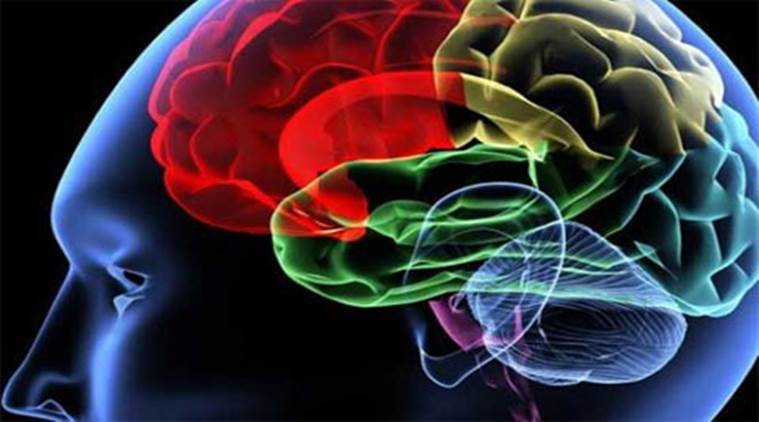U.S. Transhumanist Party Virtual Meeting and Q&A – Saturday, February 23, 2019, at 6 p.m. U.S. Pacific Time. Join us for an extensive 2-hour discussion! Watch it and view the agenda here:
The U.S. Transhumanist Party invites many of its Officers and Ambassadors to discuss recent activities and plans for 2019, including the upcoming Presidential nomination process. The meeting will include a question-and-answer portion where inquiries from members and the general public will be addressed.
Agenda
- Gennady Stolyarov II: Overview of 2019 Transhumanist Presidential Nomination/Debate/Primary Process
- Gennady Stolyarov II: Integration with the Transhuman Party / Dissolution of the TNC
- ambassadors – palak madan, pam keefe, denisa rensen: discussions on transhumanist sentiment / attitudinal environment in india, hong kong, and japan.






